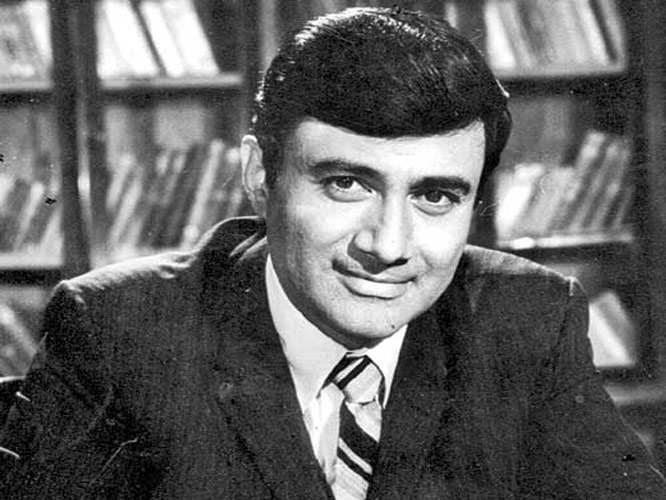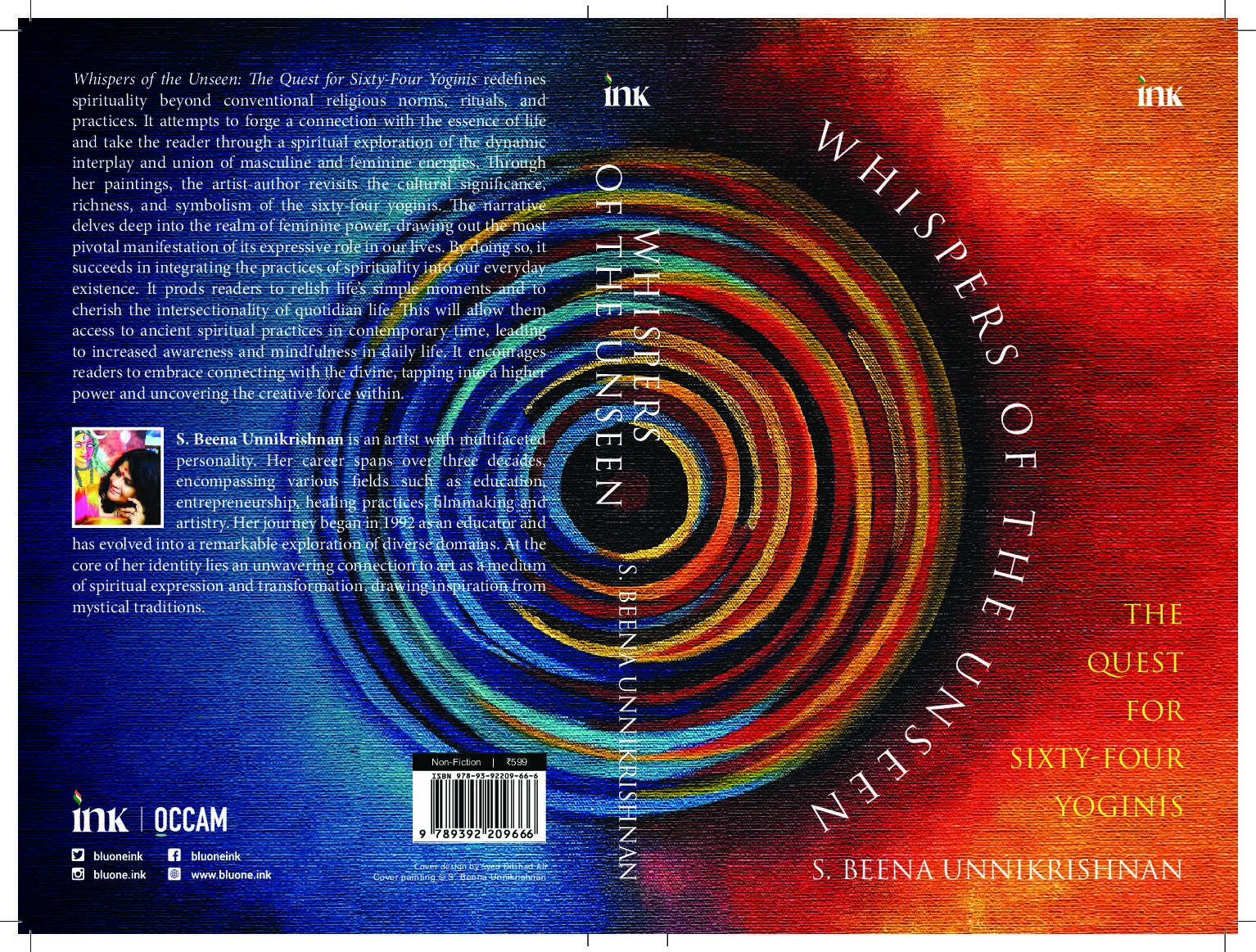Dev Anand: Always a gentleman
Ravi Shanker Kapoor | September 28, 2016 1:53 am

Once upon a time, forests were green, women were beautiful, and men were chivalrous and heroic. But in this postmodern era, forests have been plundered, women drive SUVs, men go to beauty parlors, and chivalry is dead. And heroism has degenerated into punk culture.
Once upon a time, in the 1950s and the 1960s, Dev Anand defined heroism on screen—urban, urbane, stylish, handsome, and gentlemanly. He was the kind of man girls dream about and women long to be seen with. Of course, his persona also had a wicked aspect: he often played the role of a delinquent—as a pickpocket, a dacoit, a black-marketer, a smuggler, a crook, a gambler. In fact, he excelled in the last role, that of a gambler. I have not come across any film star, in Hindi cinema or in Hollywood, who has gambled on screen with such aplomb. The tilted head, a cigarette hanging delectably between his lips, the saucy dialogues which only Dev Anand could speak.
Yet, two aspects of heroism of those days stand out. First, the moral fiber never snapped (In a recent article, it is wrongly mentioned that he played “immoral” characters). And second, the hero was never a punk, even when he was a criminal.
The hero never justified his felony. Of course, the circumstances (or haalaat, the oft-quoted term in Hindi cinema) goaded him to become an outlaw; but he never justified his felony; an existence beyond the domain of law and decency never became an alternative, sustainable existence. The hero always felt the need for redemption; and he would almost invariably redeem himself, at great cost and after suffering a great deal of pain. In Pocketmaar, Dev Anand eschews his life as a pickpocket; he has to suffer a lot in the process. Similarly, in Gambler, he willingly gives up a life of ease, cunning, and transgression for an existence that is full of misery and despair (e.g., House No. 44 and Kala Bazaar).
However, with the rise of moral relativism and the popularization of “alternative lifestyles,” the life and crimes of the contemporary hero-delinquent are portrayed as normal, even exemplar. Munnabhai, MBBS, is a recent, and commercially successful, portrayal of a gangster—an uncouth and brazen scoundrel who cons his way into a medical college as a student. As a medical student, he raises many questions about ethics in the medical profession. Several commentators have lauded the movie for this reason. However, few have noticed the absurdity of the situation: a gangster is more human, sensible, and practical than the best of doctors; he knows how to deal with low-ranking employees in a hospital; he knows how to interact with patients; he knows that critically injured patients should be immediately treated, bypassing the cumbersome legal processes. He knows how to redeem the medical system; the qualified doctors don’t know.
It is nobody’s case that the functioning of hospitals is near perfect; yes, they do suffer from every type of conceivable ill—from the carelessness of doctors to the callousness of the paramedic staff, from corruption to bureaucratic apathy. But do we need a mobster to rectify the system? And can only he set the system aright? If yes, isn’t a nation doomed if it seeks redemption in the dexterity of a thug?
Equally disturbing is the fact that Munnabhai extols the punk culture. He speaks the coarsest and crassest dialect—and it is widely approved of, as evident from various radio advertisements imitating him (vaat lag gai). He dresses and behaves like a punk—and, what is worse, it is welcomed.
On the contrary, Dev Anand never behaved in an unseemly manner. He was often a crook, but never a punk: he was always a gentleman, on screen and, I have learnt, in real life. And when he was not, as in House No. 44, he aspired to become a “gentleman.”
Arnold Toynbee wrote somewhere that when the masses imitate the elites, it is a sign of ascendance of a civilization; if it is the other way around, decadence has set in. Are we witnessing decadence? And is Munnabhai the leitmotif of this decadence?
P.S.: This is the modified version of the article I wrote 11 years ago with title, ‘From Gambler to Munnabhai, MBBS’ (http://www.indiaright.org/detail.php?id=4)































